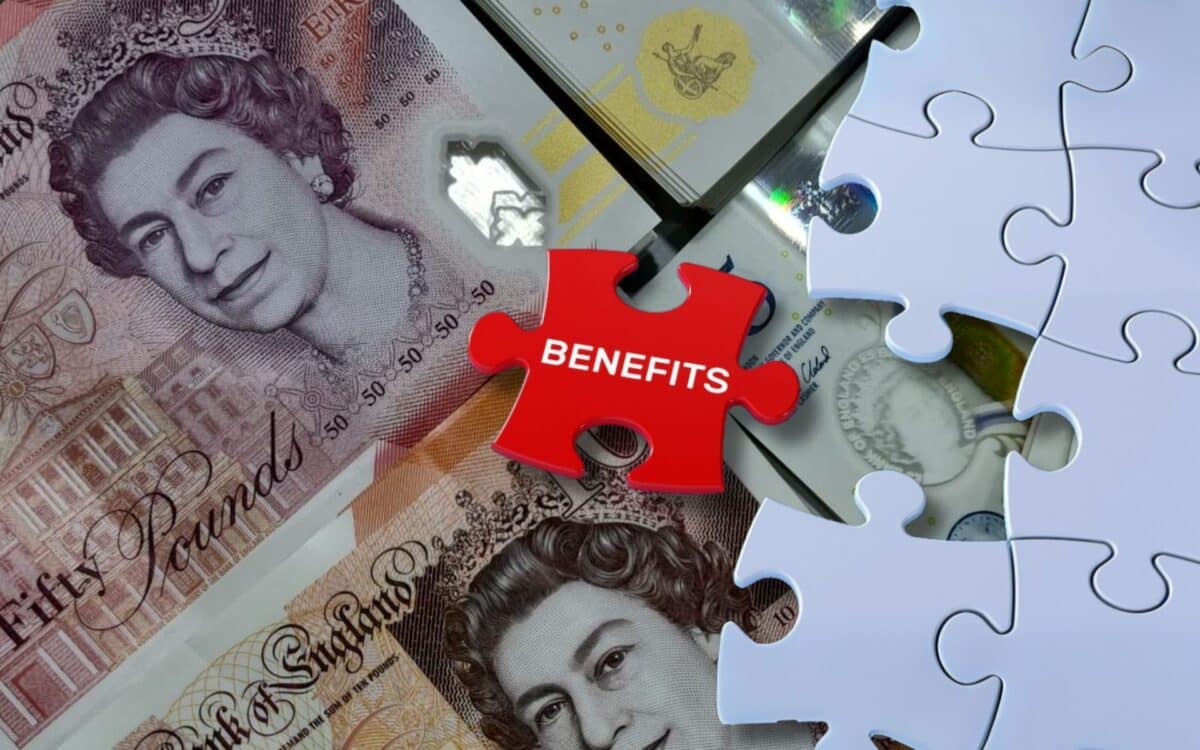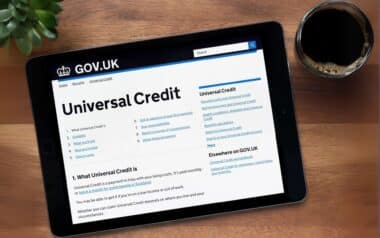The Easter bank holiday weekend brings some changes for those relying on benefits from the Department for Work and Pensions (DWP) and HM Revenue & Customs (HMRC) in the UK. Due to the holidays, a variety of payments, including Universal Credit, Child Benefit, Pension Credit, and Personal Independence Payment (PIP), will be paid earlier than usual.
According to Manchester Evening News, these adjustments ensure that individuals who depend on these essential benefits don’t face delays during the busy holiday period.
Payments due on days affected by the bank holidays, including Good Friday (April 18) and Easter Monday (April 21), will be paid ahead of time to ensure that recipients still receive their funds on time.
How Bank Holidays Impact Benefit Payments
In the UK, when a payment date falls on a weekend or a bank holiday, payments are typically made on the previous working day.
With two bank holidays during the Easter period—Good Friday (April 18) and Easter Monday (April 21)—claimants can expect their payments earlier this week. Easter Sunday will fall on April 20, and Easter Monday will be a bank holiday on April 21 across the UK (excluding Scotland).
Benefits scheduled for April 21 will be paid on April 17, and those due on April 19 (Friday) will likely be paid on April 17 as well.
This means that payments for State Pension, Universal Credit, Personal Independence Payment, Child Benefit, and Attendance Allowance will arrive in bank accounts on Thursday, April 17.
Which Benefits Are Affected?
The early payments will affect a wide range of benefits. This includes Universal Credit, Child Benefit, Pension Credit, Personal Independence Payment, and others.
If your payment is usually made on a Monday or Friday, you can expect it to arrive earlier this week. For example, Child Benefit, typically paid on Mondays or Tuesdays, will be adjusted accordingly.
Here’s a Breakdown of the Usual Payment Frequency for Each Benefit :
- Attendance Allowance : Paid every four weeks.
- Carer’s Allowance : Paid weekly or every four weeks.
- Child Benefit : Paid every four weeks, or weekly if you’re a single parent or you or your partner get certain benefits.
- Disability Living Allowance : Paid every four weeks.
- Employment and Support Allowance: Paid every two weeks.
- Income Support : Paid every two weeks.
- Jobseeker’s Allowance: Paid every two weeks.
- Pension Credit : Paid every four weeks.
- Personal Independence Payment (PIP): Paid every four weeks.
- State Pension : Paid every four weeks.
- Universal Credit : Paid monthly.
Do I Need to Take Action?
No action is required from claimants to receive their payments early. Payments will continue to be made automatically, and claimants will receive the same amount they are entitled to unless their personal circumstances have changed.
It is also important to note that this change is temporary, and the payment schedule will return to normal after the Easter period.
If you do not receive your payment on the adjusted date, it is essential to contact the relevant office that manages your benefits. Payments are typically made directly to your bank, building society, or credit union account, and any issues should be addressed promptly.









